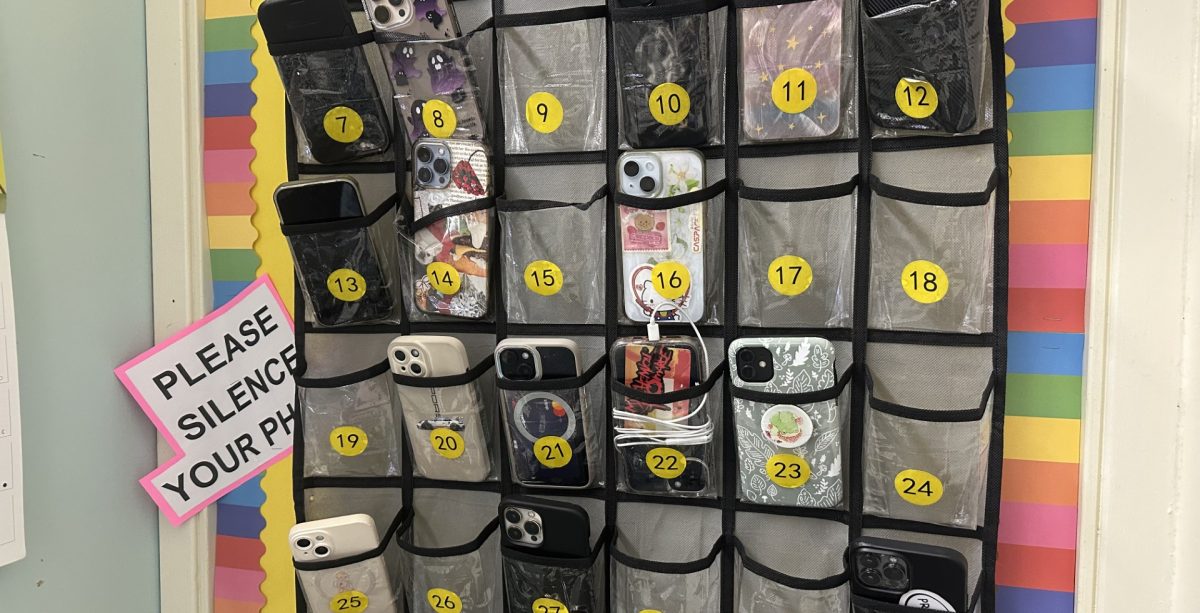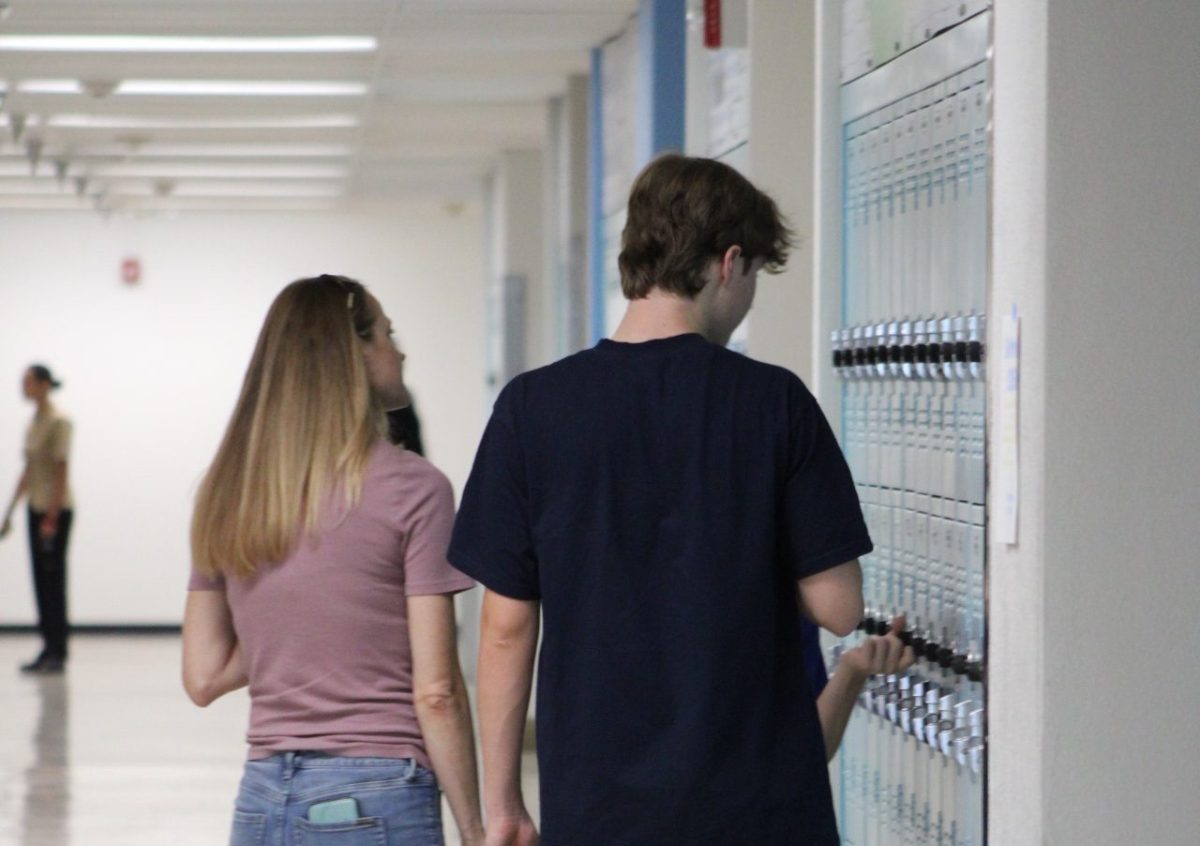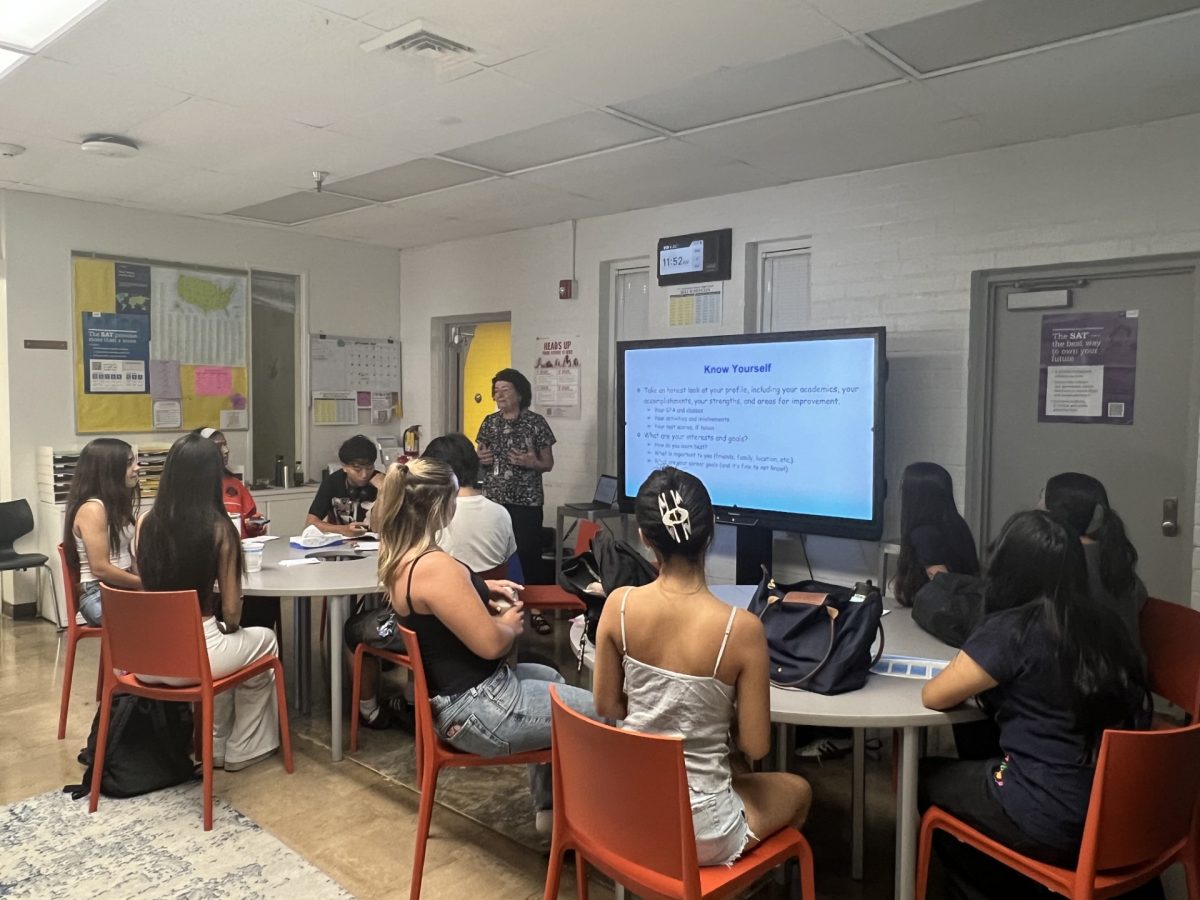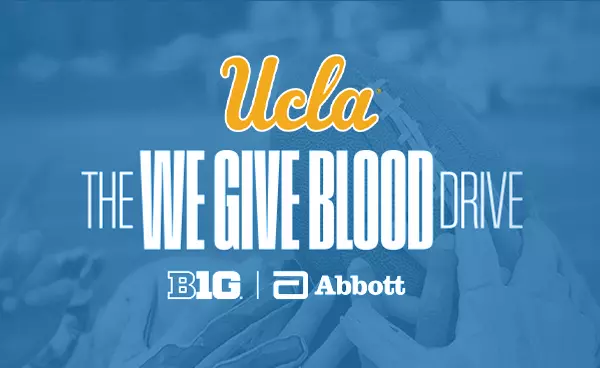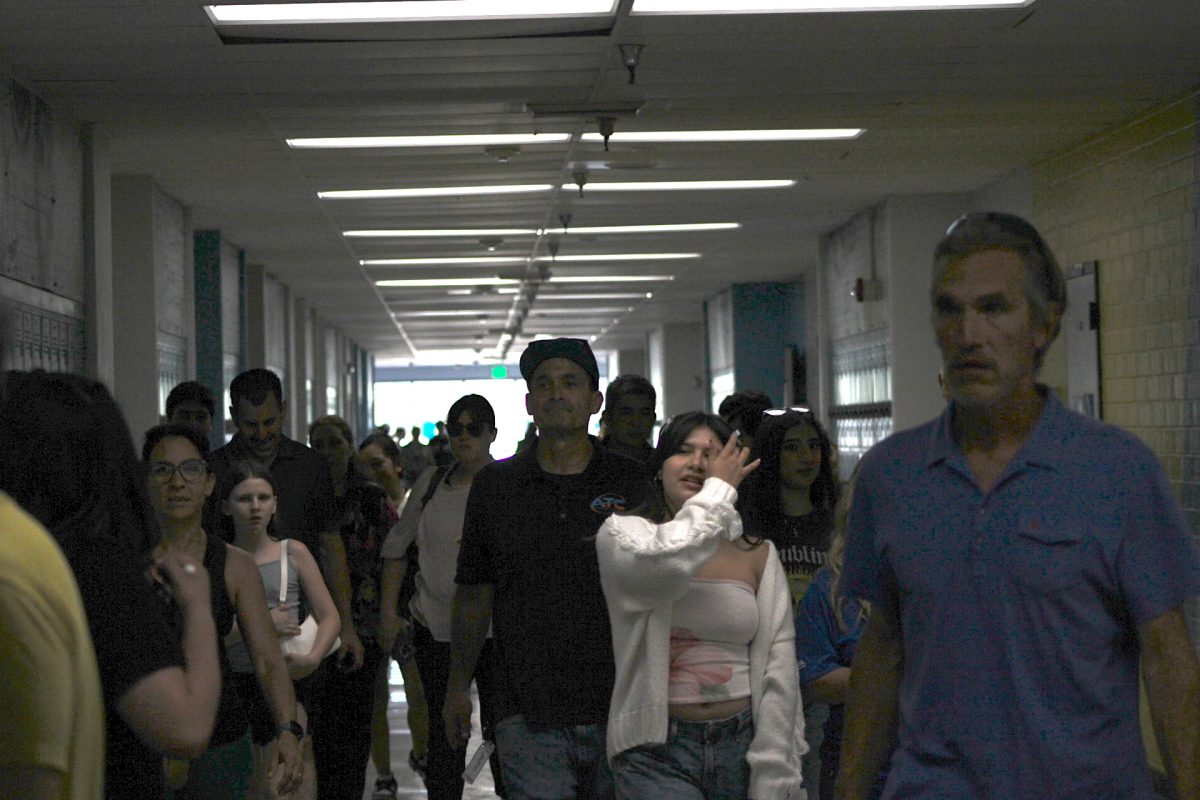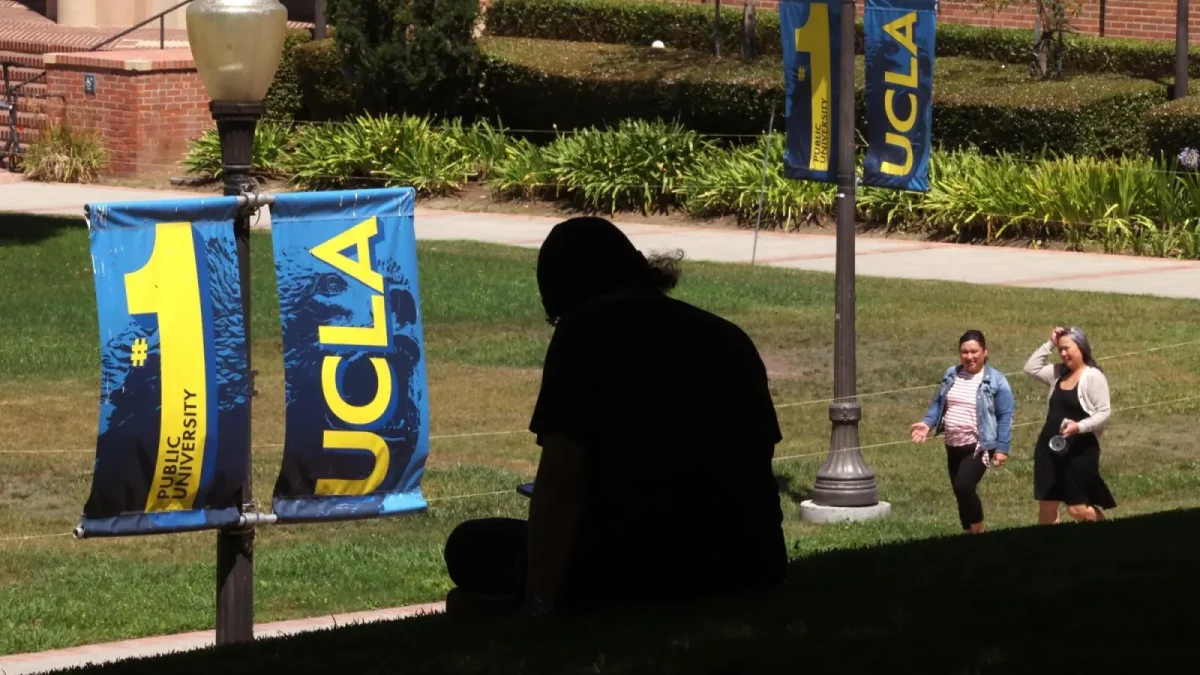Graduating students applying for college this year were shocked by the decrease in acceptance rates for colleges all over the country.
In light of the recent abundance of rejections that many students today have to face, there has been a stark disparity in terms of today’s college acceptance rates versus those of the past. In the past, students had higher chances to get into colleges, and the only colleges that were truly low in acceptances were Ivy Leagues, such as Harvard and Brown.
In recent years, there has been an increasing drop in the rates around the world, even with colleges that would have once been considered ‘safety schools’, which are schools where many applicants are guaranteed a spot in the school based on their academic profile. New York University (NYU), for example, has dropped a whopping 20% in acceptances since 2017 going from 28% down to 8% of applicants being accepted. The majority of students today need to put in extra effort and do 10 times as much work to get into a school that would’ve been easy to get into in the past. What changed?
In early March 2020, every student’s life had changed. COVID-19 caused mass destruction to society as schools had to close, jobs were remote and everyone was required to be locked in their houses. Colleges around the globe realized the impact that this lockdown would have on test availability and scores, and wanted to extend a helping hand to students. So, in May 2020, the University of California (UC) Board of Regents voted to stop requiring the American College Testing (ACT) and the Scholastic Aptitude Test (SAT) for college admissions, and many other non-UC colleges followed suit. Now, in 2024, these policies have been amplified. UCs are now ‘test blind’, meaning that the ACT and SAT are not considered during the application process, even if submitted. This has felt like a weight off the majority of students’ shoulders, as they do not have to worry about underperforming on these exams. But, for others, this has been a major disadvantage in the UC system as they may rely on their test scores to boost their application. Other schools, such as Yale and Harvard, have announced standardized test scores must be submitted once again starting in 2025, and the future of test requirements will vary based on the school.
Extra curricular activities are heavily encouraged for out-of-state and University of California (UC) schools. It shows a well-rounded and hardworking student that colleges would like to see on their campus, as well as seeing if their interests match the major they are interested in. However, in recent years, it is advised to take around 20 extra curricular activities, as well as having high positions or staying consistent with them throughout high school. This expectation has been hard for many students to keep up with, along with rigorous courses, which tends to turn colleges away.
This year, the Free Application for Federal Student Aid (FAFSA) has been modified and created a lot of issues for incoming college students. Many struggled with the new form and corrections were only opened in April. In years past, the amount of financial aid was released in March, so it allowed students to properly prepare their financials before committing to a college. Although colleges have been aware of this issue, it isn’t clear whether the issues with FAFSA played any part in the mathematical aspects of the amount of students colleges could offer admissions to. Despite the large decrease in acceptance rates, students are using all the opportunities given to them to help them succeed in the future.
Categories:
The rapid decrease in college acceptance rates
Story continues below advertisement
0
Donate to The Royal Courier
Your donation will support the student journalists of El Camino Real Charter High School. Your contribution will allow us to purchase equipment and cover our annual website hosting costs.
More to Discover
About the Contributors

Sophie Apolaya Diaz, News & Head Copy Editor
Sophie Apolaya Diaz has been on the Newspaper staff since 2023. She loves to spread word about important and exciting topics with her fellow peers and writing about different topics always uplifts her mood. In the next 2 years, she hopes to make students more educated while expanding their knowledge on things they find interesting.

Sydney Keane, Editor In Chief & Opinion Editor









